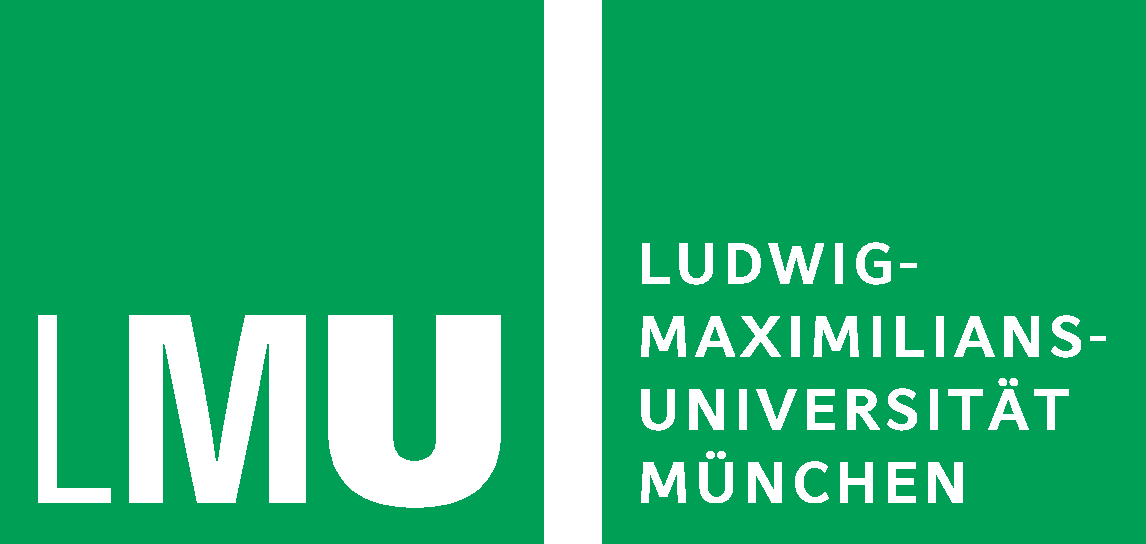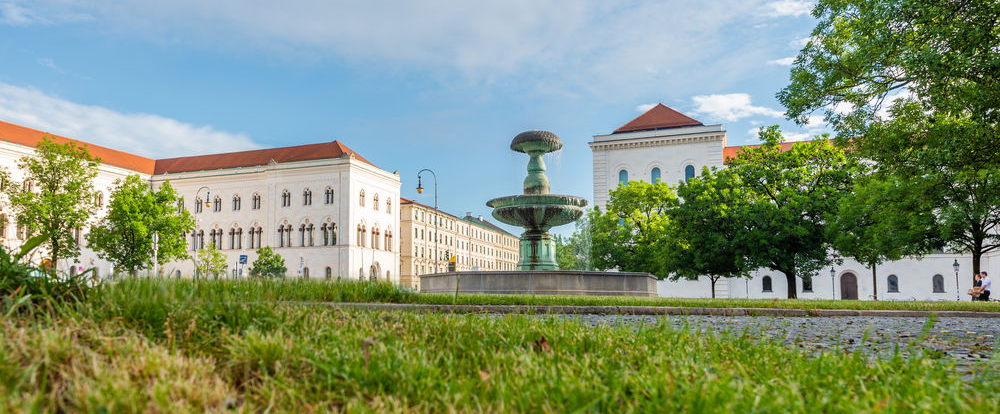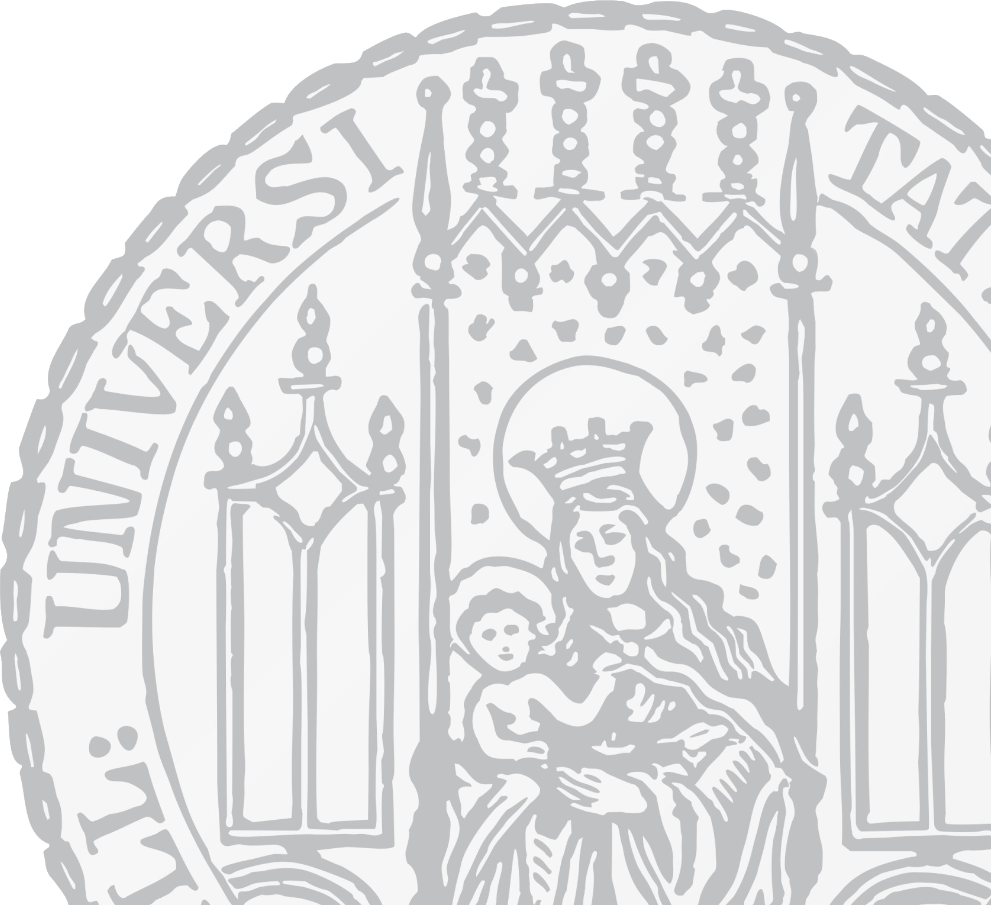
| Institution | Faculty of Medicine - Basilicata Lab, Division of Physiological Chemistry – Biomedical Center (BMC) of the Faculty of Medicine |
| Full-time / Part-time | Part-time or Full-time |
| Start date | As soon as possible |
| Application deadline | 2025-10-31 |
About us:
Our Research
Our lab is located at the Institute of Physiological Chemistry, headed by Prof. Ladurner and is part of the Biomedical Center (BMC) of the LMU Faculty of Medicine. Our research explores how alterations in chromatin regulation affect other cellular organelles, why some of these conditions are more common in one sex than the other, and how very different mutations can trigger similar developmental problems.
More information can be found on our homepage.
Project Description
The placenta represents a remarkable temporary organ exclusive to placental mammals, yet its complex physiology varies dramatically between species. Its gene expression regulation layers differ from those of most other cells in the organism (e.g., imprinting, sex chromosome regulation, transposon activation), and alterations to its establishment and function can have long-lasting effects on the developing embryo and fetus.
Key objectives will include
Our project focuses on establishing co-culture systems to investigate how environmental factors regulate interactions at the placental-maternal interface. You will investigate placenta-specific environmental requirements for proper differentiation and self-organization with embryonic cells, and understand the critical regulated exchanges between the maternal environment and the developing fetus.
We are looking for you:
MSc Thesis in Placental Cell Biology Regulation (m/f/x)
in Planegg
Your tasks and responsibilities:
Techniques You Will Learn
- Establishment of TSC and iTSC cell culture
- Inducible knock-in and transgene line establishment
- Validation of differentiation potential and co-cultures
- Expression analysis via RT-qPCR and protein analysis via western blot
- Immunostaining & Confocal Microscopy
- Image quantification, Statistics
- Scientific figure preparation
Your qualifications:
- Currently enrolled in a Master's program (Molecular Biology, Biology or Developmental Biology, Biomedical Sciences, Human Genetics or a related field)
- Enthusiasm for developmental biology and genomics
- Good communication skills in English
- Commitment to scientific accuracy and collaborative research
- Time management will require flexibility
- Previous wet lab experience is desired
Benefits:
- This position offers an exceptional opportunity to develop a novel toolbox and generate knowledge on one of the most fascinating yet understudied organ in mammalian biology.
- Direct supervision of the PI with hands-on experience
- A good working atmosphere, a motivated team, and training
- Free parking spaces
- Several cafeterias and cafés on campus and student discounts
People with disabilities who are equally as qualified as other applicants will receive preferential treatment.
Contact:
Application
Please send your CV, most up-to-date transcripts, and a one-page motivation letter to: applications.physiolchemistry@bmc.med.lmu.de (with the subject line: #BasMas).
Where knowledge is everything.
LMU researchers work at the highest level on the great questions affecting people, society, culture, the environment and technology — supported by experts in administration, IT and tech. Become part of LMU Munich!

